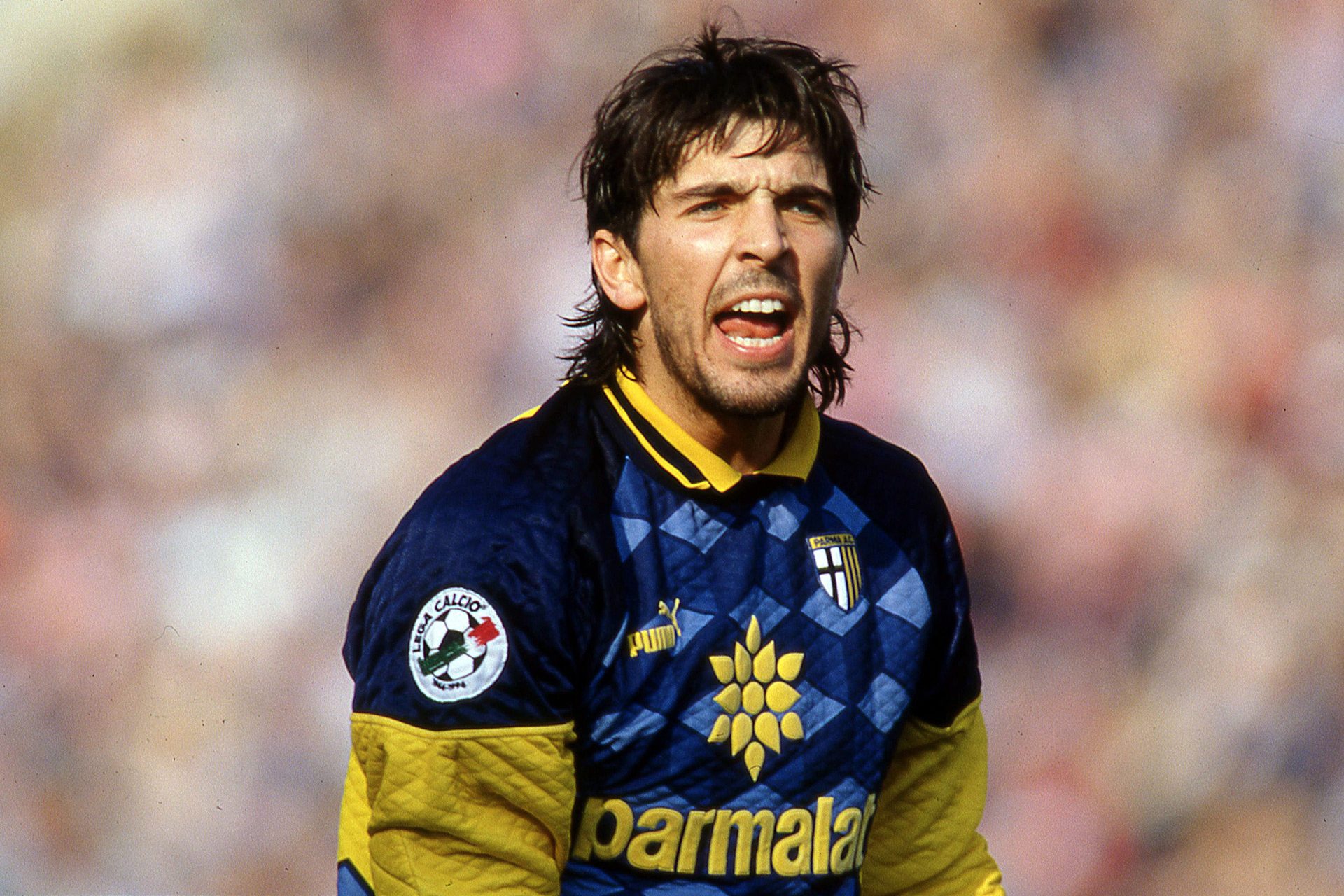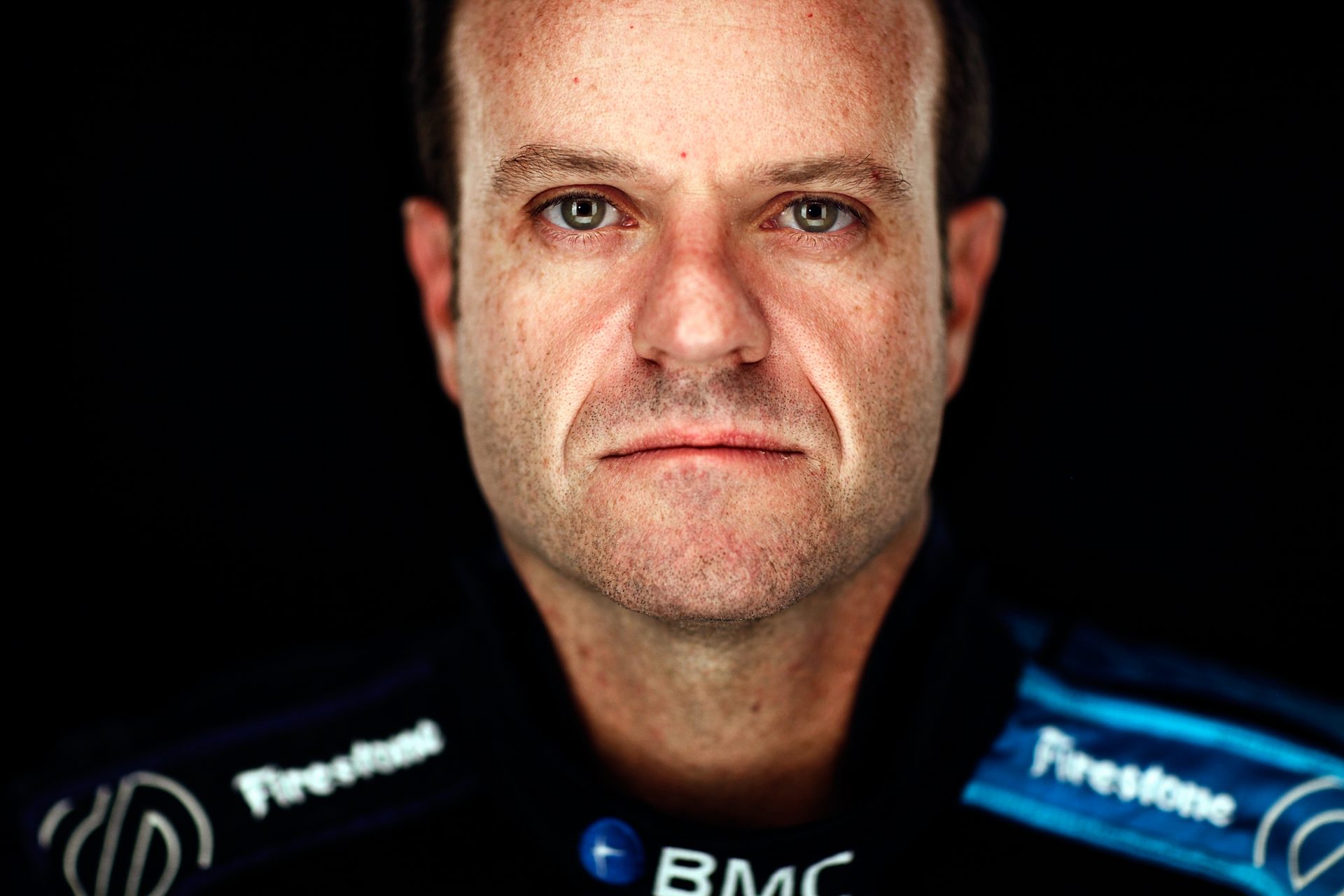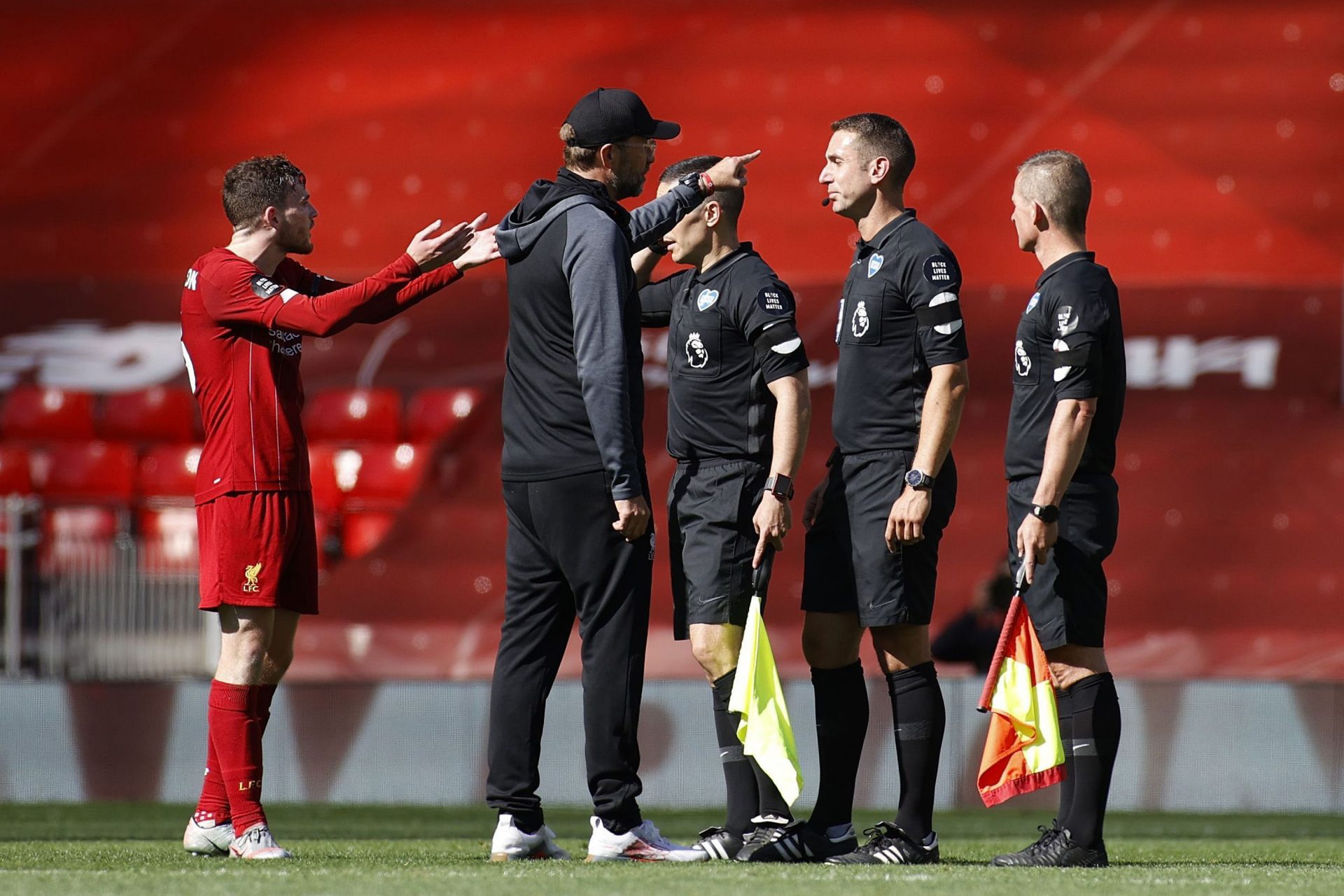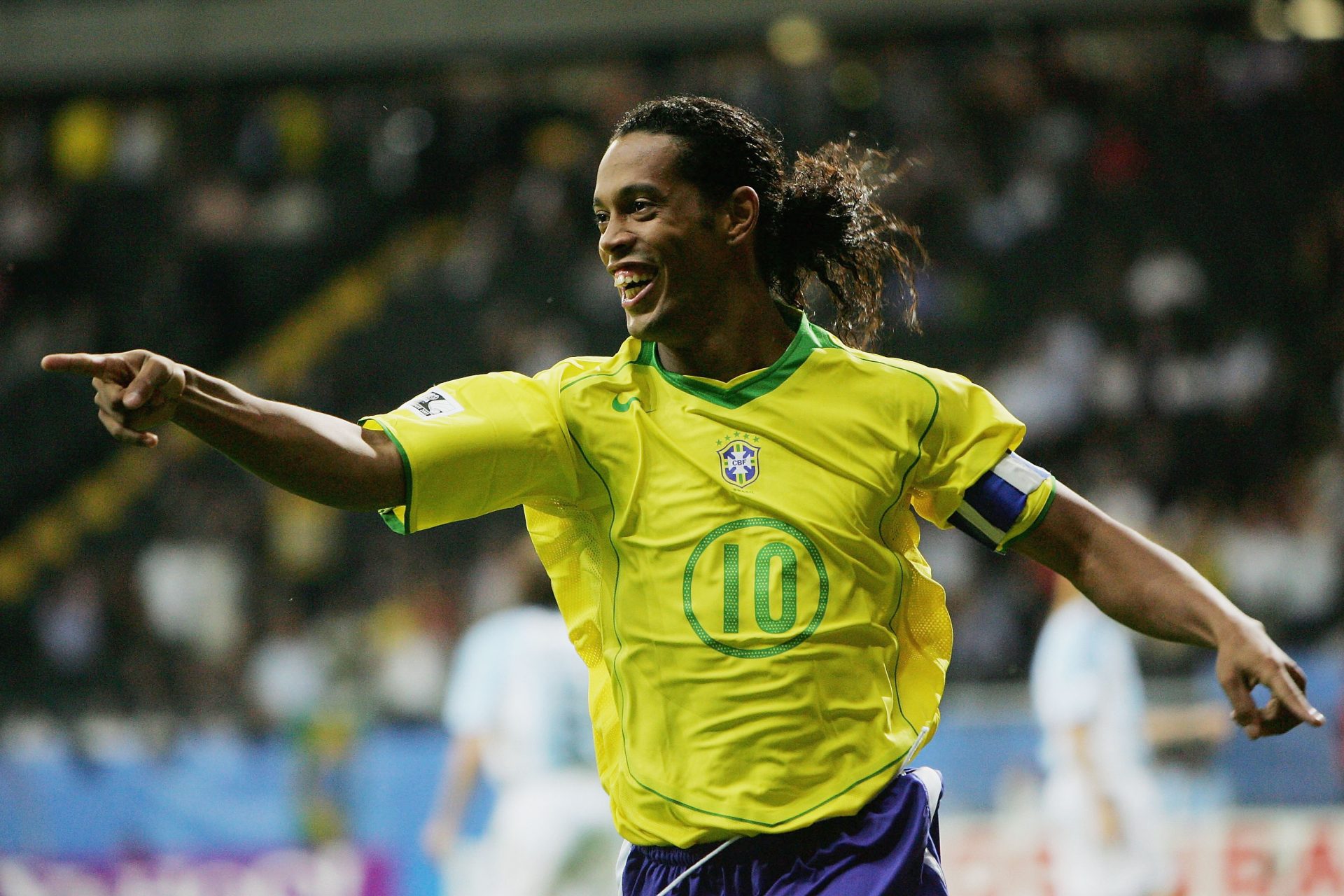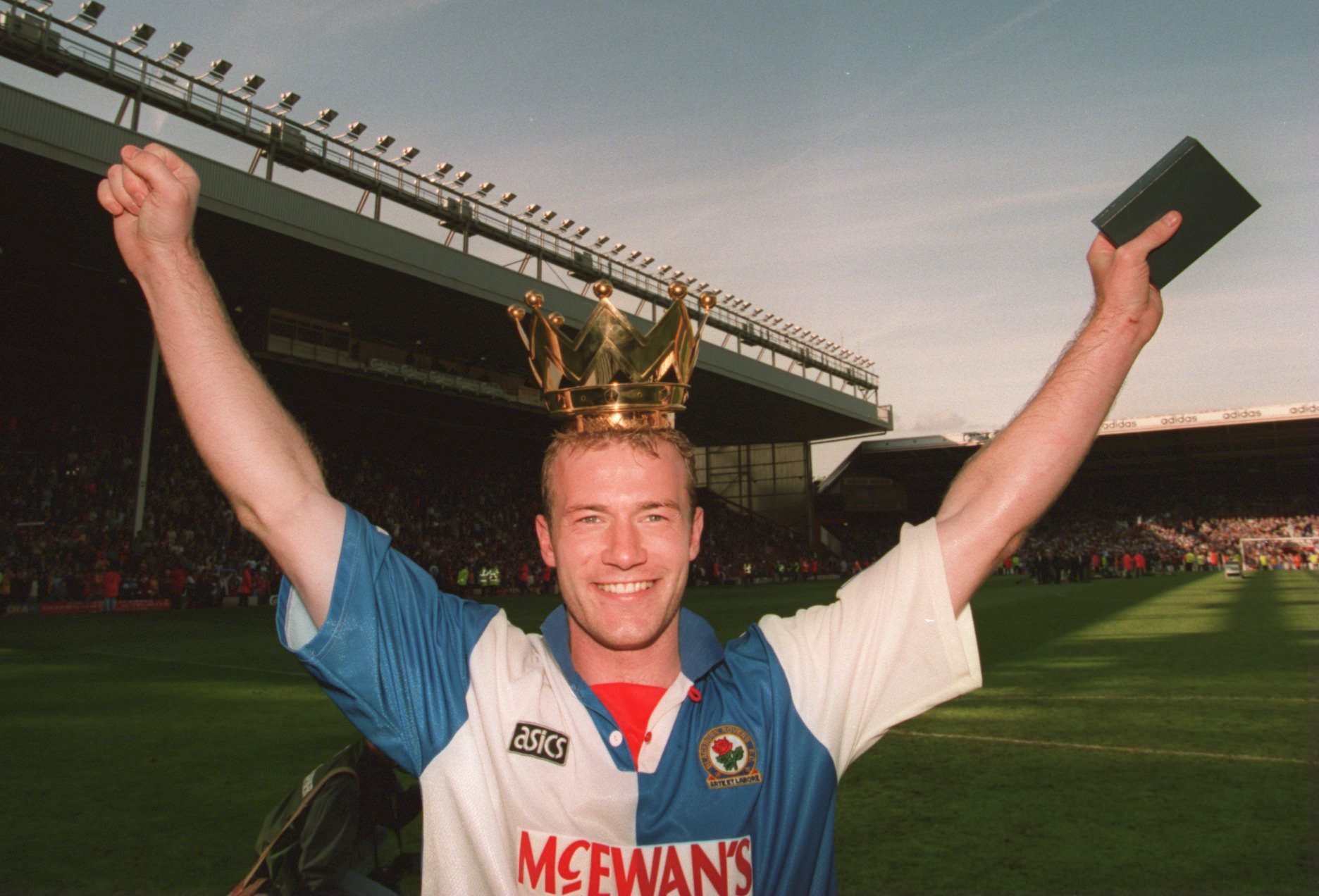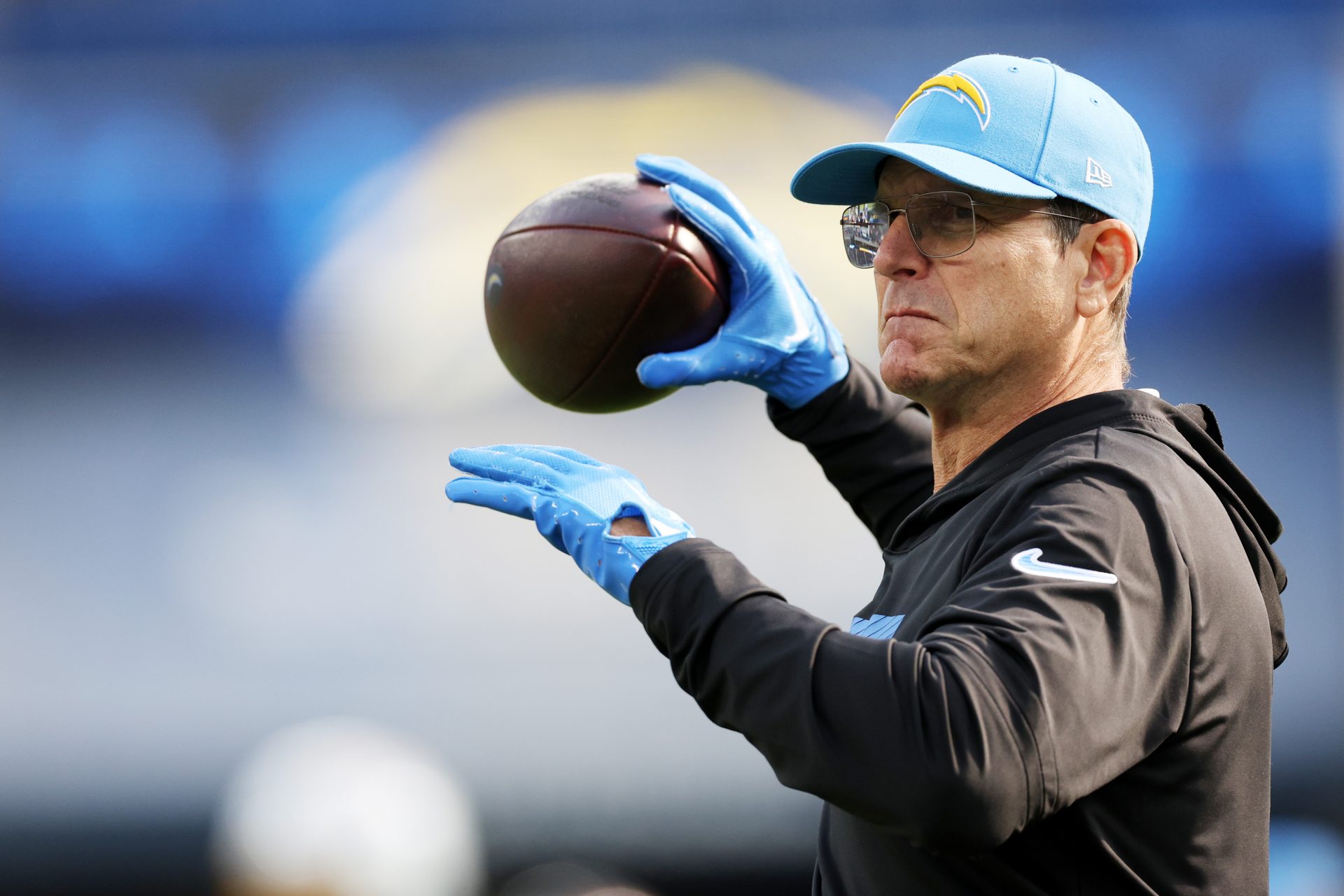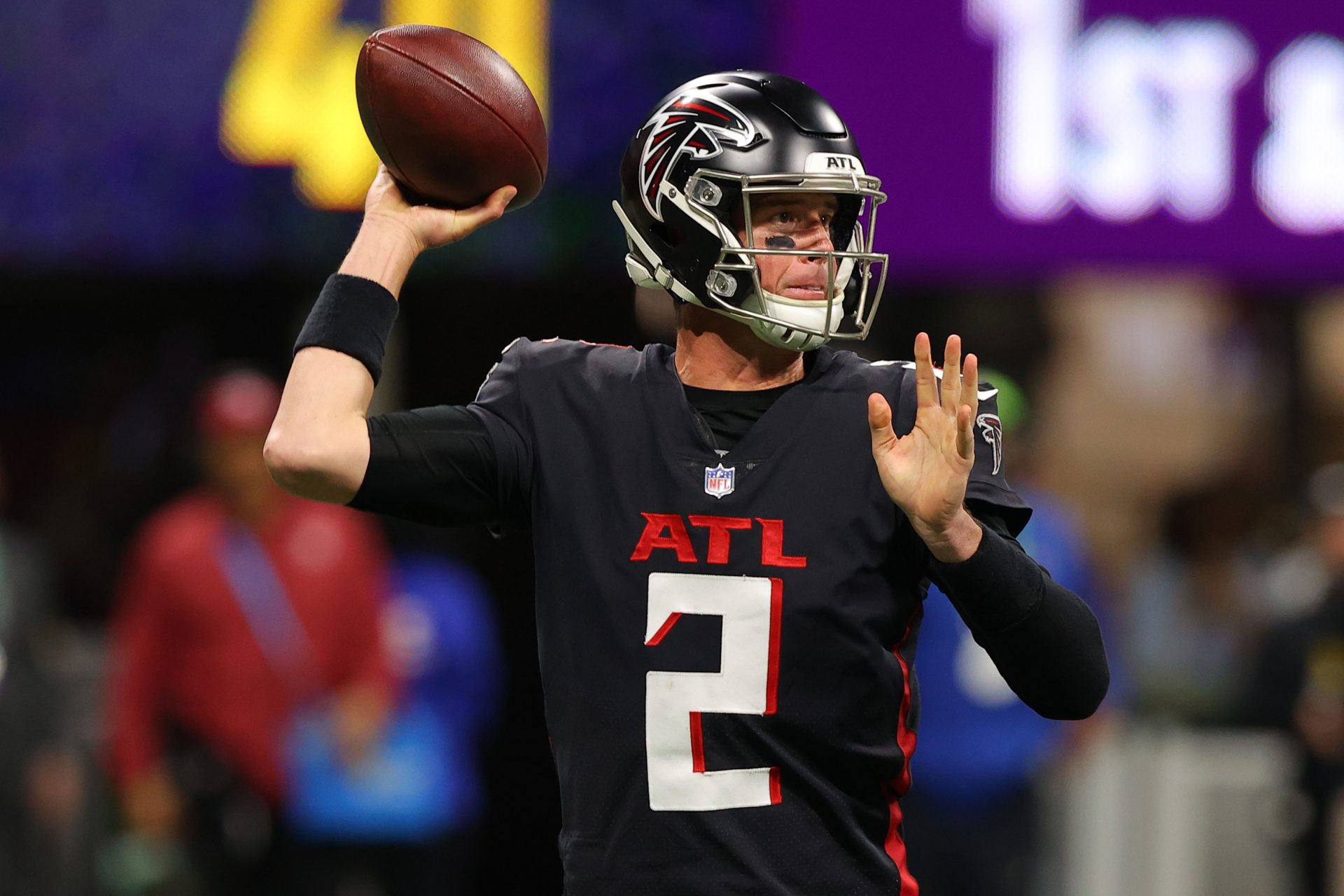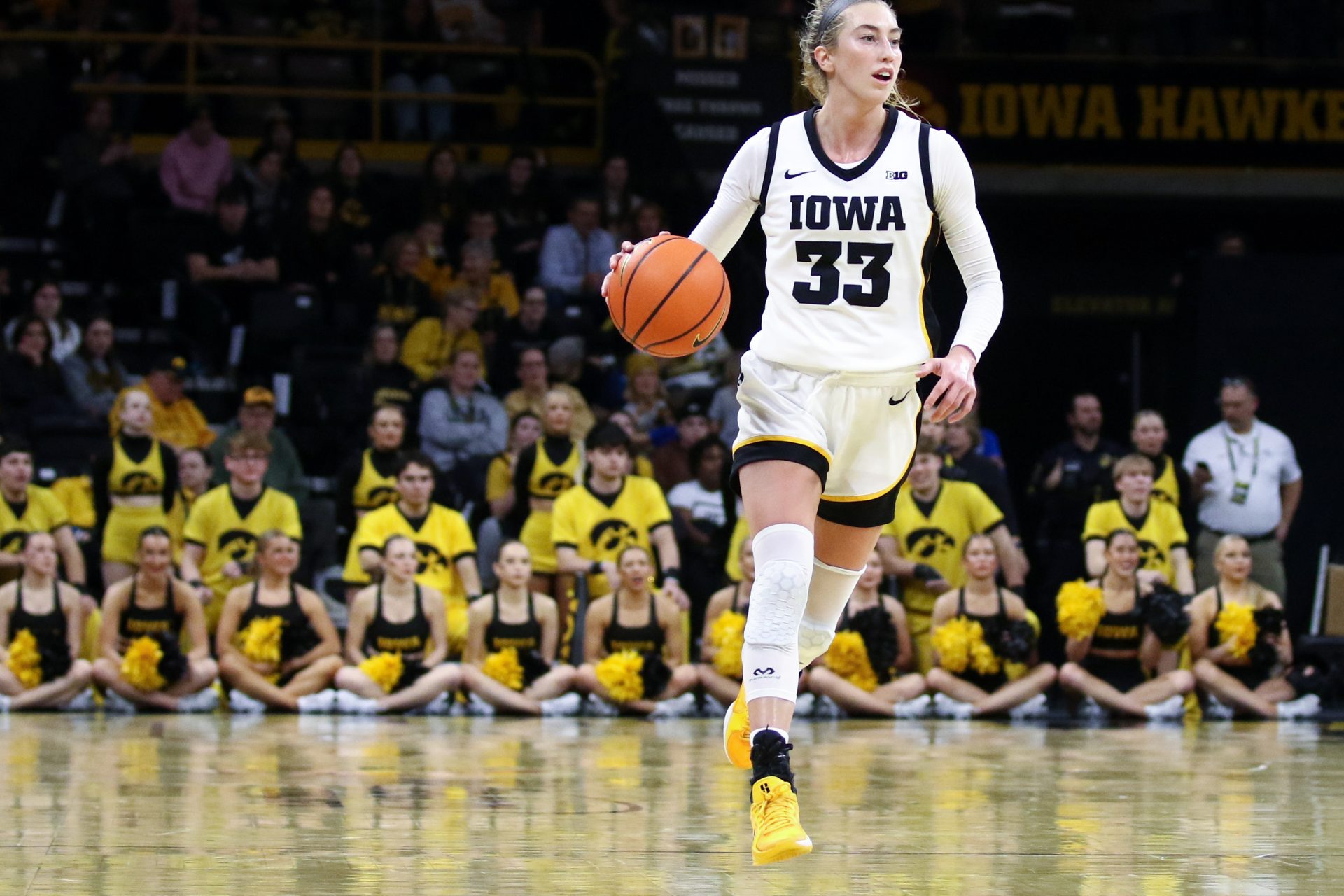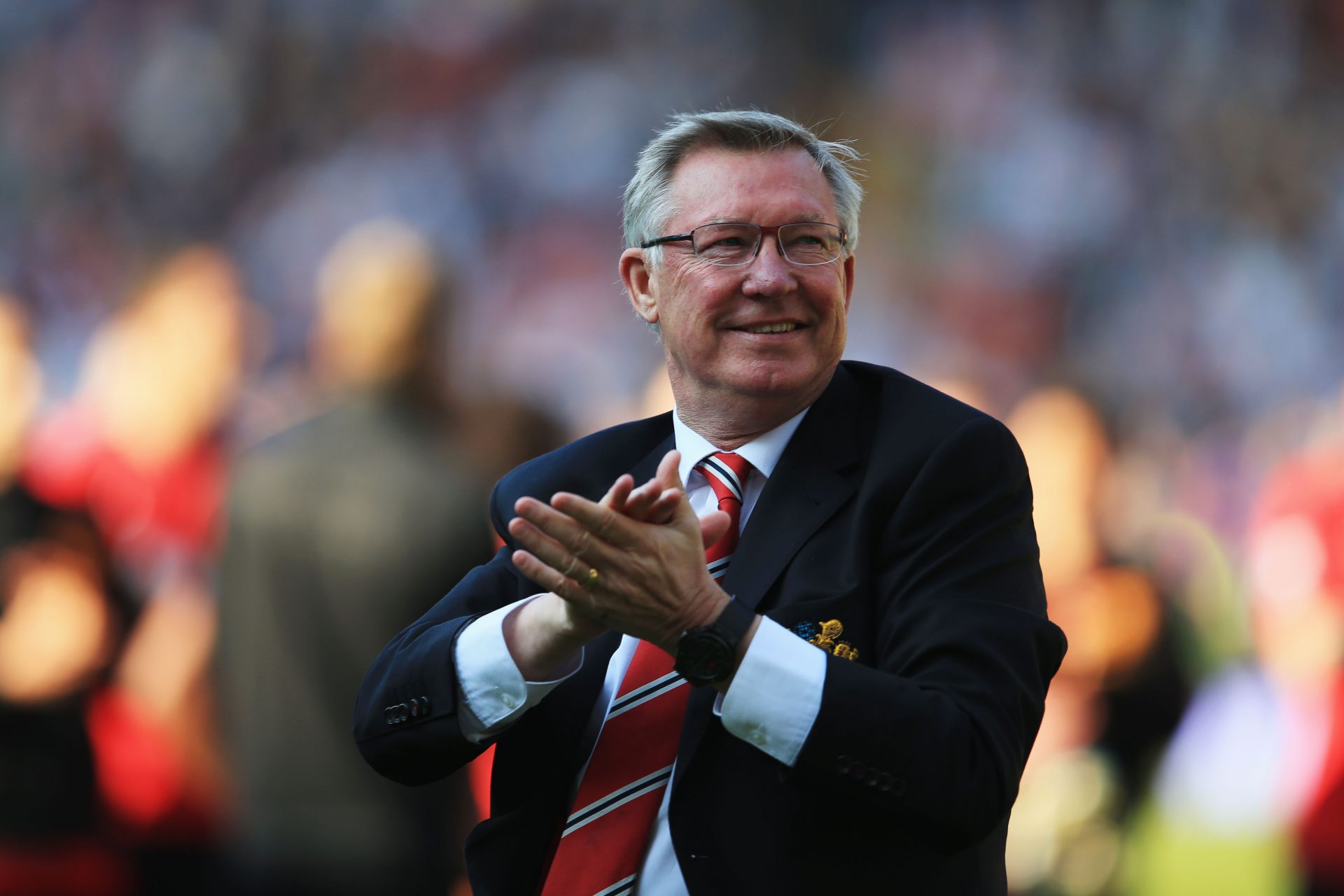AI predicts these teams are the favorites to win the 2022 World Cup
When it comes to making predictions on who will win the World Cup, you may look at the economic indicator of betting companies, rely on the opinion of experts or even trust your own gut feeling. Another option, very much in line with the present age, is looking at what artificial intelligence (AI) has to say.
Opta Sports (a sports analysis firm based in London) have used a predicitive model for which the artificial intelligence has determined that Brazil have a 15,8% chance of winning the World Cup, according to the BBC. Who are the second favourites to win?
Just behind Brazil we find Argentina, with 12,6% chances of winning the World Cup. Their chances of reaching the final are estimated at 21,1%. Who's third in line?
Closely behind Argentina, France is also in the double digits, with a 12,2% probability of winning the World Cup according to Opta Sports. However, these predictions were done before Benzema's injury, so their chances are probably less at the moment.
Spain's squad may not be as impressive as in the past, but AI still gives the 2010 champions solid chances (9,1%) of winning a second World Cup.
Right behind Spain are Gareth Southgate's players, who are given 8,7% chances of taking the World Cup back to England after almost 60 years.
The German team is not as intimidating as in previous editions of the World Cup, but they can never be ruled out. Opta Sports' predicitive model sees a 7,8% chance of Germany winning a fifth World Cup.
The Netherlands are given 7,2% chances of winning, ahead of Portugal (5,8%).
Neither Dutch nor Portugese have ever won a FIFA World Cup, and will be hoping to take their first-ever trophy. Cristiano Ronaldo has recently announced that he will retire from football if he wins the tournament with Portugal.
The runners-up of the 2018 World Cup are given a very small chance (1,8%) of winning it this time.
According to the AI, Denmark have twice as many chances (3,5%) of winning the tournament, while Belgium (5,4%) are three times more likely to lift the trophy than Luka Modric and his Croatian teammates.
Uruguay (1,6%), Switzerland (1,1%), Senegal (0,9%), Mexico (0,9%) and Serbia (0,8%) are given a remote chance of delivering a historic upset and winning the tournament.
The other sixteen teams in the tournament have, combined, a 4,8% chance of making history.
Included in this combined 4,8% are: Qatar, Ecuador, USA, Iran, Wales, Saudi Arabia, Poland, Australia, Tunisia, Japan, Costa Rica, Canada, Morocco, Cameroon, South Korea and Ghana.
To reach these figures, the predictive model has made an estimation on the results of every single game in the World Cup, using the odds given by betting companies and the teams rankings in the database of Opta / Stats Perform.
Both the odds and the rankings are indicators that are as objective as it gets, since they reflect historical results of every national team and mathematical models.
Then, the algorithm takes into account the potential of each team's group stage rivals and the teams they would potentially face in the knock-out rounds.
Combining all the data, Opta determines that Brazil has 15,8% chances of winning the World Cup for a sixth time. Its chances of reaching the final are 25,3%.
Naturally, artificial intelligence is by no means infallible, even if its predictive model follows a sound logic. Football, on the contrary, doesn't always follow a logical path, hence why it's so popular.
Also, the AI can't take into account factors such as the fact that this tournament will be played in different conditions, in hot weather and in November, just two months into the European football season.
Brazil may be the favourite to win the World Cup but, at the end of the day, football is an unpredictable sport. We'll have to wait and see if the AI was right or wrong.
More for you
Top Stories

























